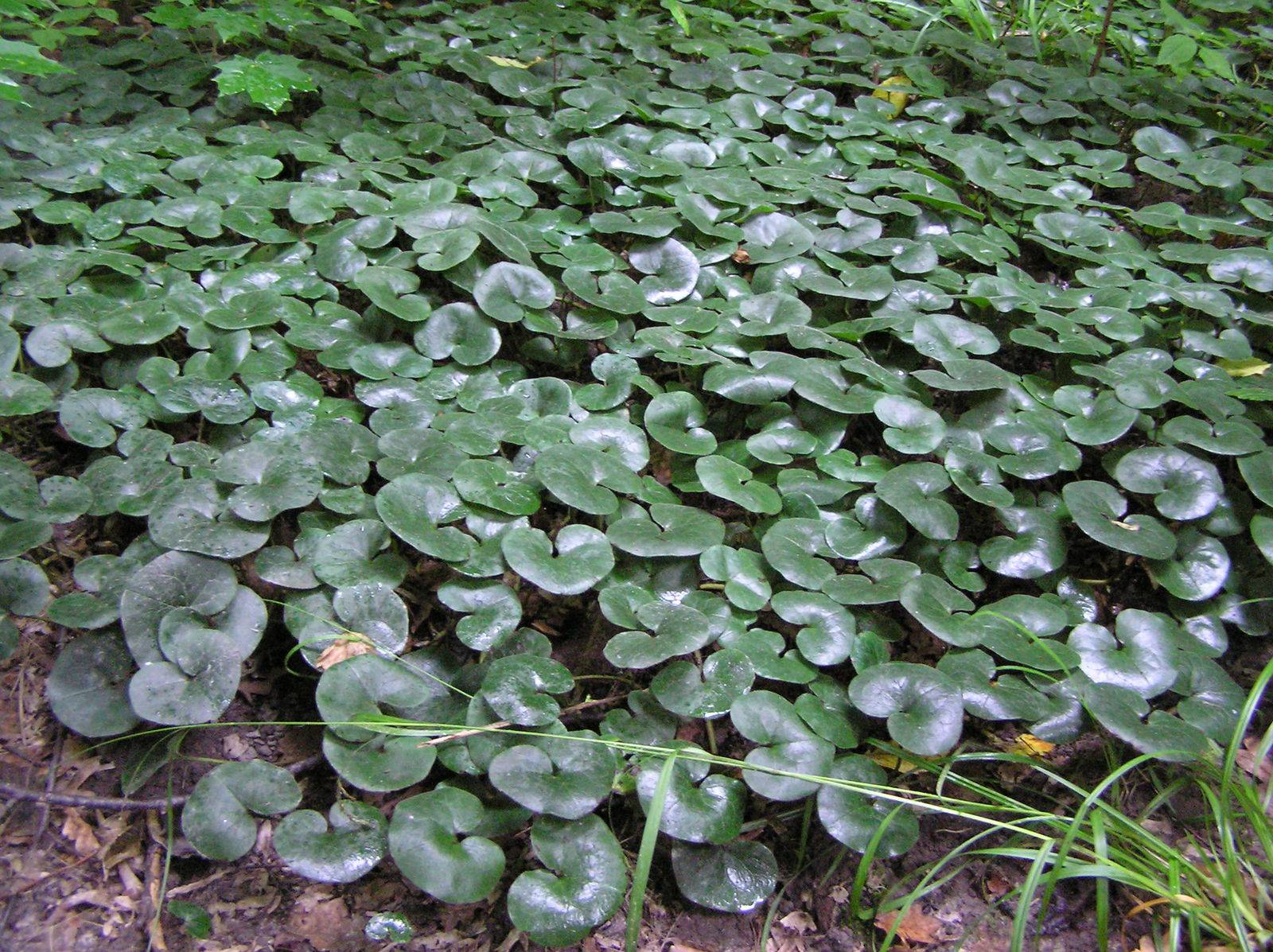Asarum, commonly known as wild ginger, is a remarkable and enigmatic plant that has captured the attention of botanists, herbalists, and nature enthusiasts alike. Its unique characteristics and historical significance make it a subject of intrigue. Delve into the world of Asarum as we uncover five fascinating facts about this captivating plant.
1. Ancient Medicinal Legacy:
Asarum has a rich history in traditional medicine. Indigenous cultures across North America and Asia have utilized its rhizomes for their potential medicinal properties. The plant was believed to have healing effects on ailments ranging from headaches to digestive issues. However, caution is advised, as some species contain toxic compounds that require careful preparation.
2. Mysterious Pollination Mechanism: One of the most intriguing aspects of Asarum is its unique pollination strategy. Unlike most flowering plants that rely on insects for pollination, Asarum employs a beguiling method. Its flowers are often located close to the ground and produce an alluring aroma reminiscent of rotting meat. This scent attracts small, ground-dwelling insects like beetles and flies, which help in the plant's pollination process.
3. Hidden Flowers: The flowers of Asarum are not immediately visible to the casual observer. They typically grow beneath the plant's heart-shaped leaves, nestled close to the ground. This adaptation is thought to provide protection from harsh weather conditions and herbivores. The flowers' inconspicuous nature adds to the mystique of this already enigmatic plant.
4. Diverse Species and Habitats: The Asarum genus comprises around 85 species that can be found in various parts of the world, including North America, Europe, and Asia. Each species has its unique characteristics, but they all share the distinctive kidney-shaped leaves that give the plant its common name, wild ginger. The plant thrives in diverse habitats, from deciduous forests to shaded mountainous regions, showcasing its adaptability.
5. Ecological Importance: Asarum plays a crucial role in its ecosystems. Its low-growing habit and ground-covering leaves help prevent soil erosion and create suitable microhabitats for various small animals and insects. The leaves also contribute to the nutrient cycling process by providing organic matter as they decompose, enriching the forest floor.
In conclusion, Asarum, or wild ginger, is a plant that exudes mystery and wonder. From its historical medicinal uses to its unconventional pollination methods and hidden flowers, this plant continues to captivate botanists and nature enthusiasts. Its diverse species and vital ecological role further emphasize the importance of understanding and conserving this enigmatic botanical treasure.



No comments yet
Be the first to share your thoughts!